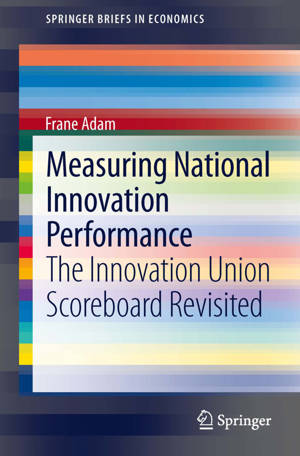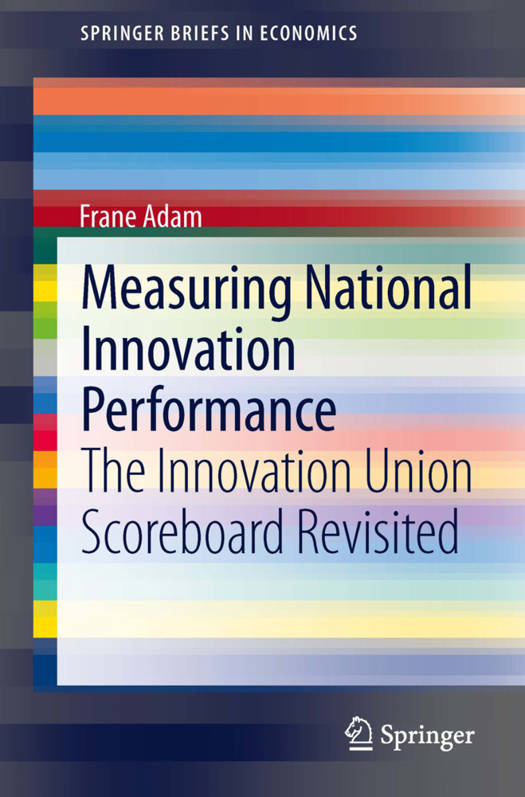
Je cadeautjes zeker op tijd in huis hebben voor de feestdagen? Kom langs in onze winkels en vind het perfecte geschenk!
- Afhalen na 1 uur in een winkel met voorraad
- Gratis thuislevering in België vanaf € 30
- Ruim aanbod met 7 miljoen producten
Je cadeautjes zeker op tijd in huis hebben voor de feestdagen? Kom langs in onze winkels en vind het perfecte geschenk!
- Afhalen na 1 uur in een winkel met voorraad
- Gratis thuislevering in België vanaf € 30
- Ruim aanbod met 7 miljoen producten
Zoeken
€ 69,95
+ 139 punten
Omschrijving
This book provides a critical re-examination of the Innovation Union Scoreboard (IUS) as the main tool used by the European Commission and other policy-making bodies to measure national innovation capacity. Given that contemporary societies and economies are to a great extent characterised by the processes of production, dissemination and application (re-combination) of knowledge, the accurate monitoring and measurement of R&D efficiency and innovation performance on national, regional and firm level are of outmost importance. The contextual reconstruction of the model of indicators used by IUS reveals that the accuracy and validity of measurement are not satisfactory, and that substantial modifications of metrics are needed to achieve stronger theoretical significance and policy-relevance. In this work, the »epistemic turn« is emphasised and offered as an alternative, namely in the sense of the shift from a mechanicist-positivist orientation toward a more reflective and contextual post-positivist approach.
Specificaties
Betrokkenen
- Auteur(s):
- Uitgeverij:
Inhoud
- Aantal bladzijden:
- 74
- Taal:
- Engels
- Reeks:
Eigenschappen
- Productcode (EAN):
- 9783642394638
- Verschijningsdatum:
- 21/10/2013
- Uitvoering:
- Paperback
- Formaat:
- Trade paperback (VS)
- Afmetingen:
- 156 mm x 234 mm
- Gewicht:
- 131 g

Alleen bij Standaard Boekhandel
+ 139 punten op je klantenkaart van Standaard Boekhandel
Beoordelingen
We publiceren alleen reviews die voldoen aan de voorwaarden voor reviews. Bekijk onze voorwaarden voor reviews.









